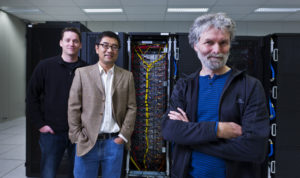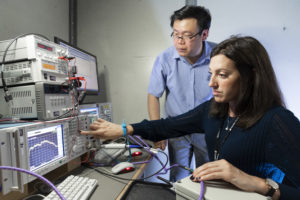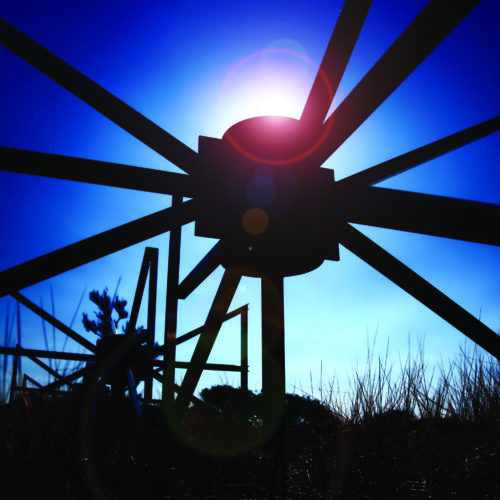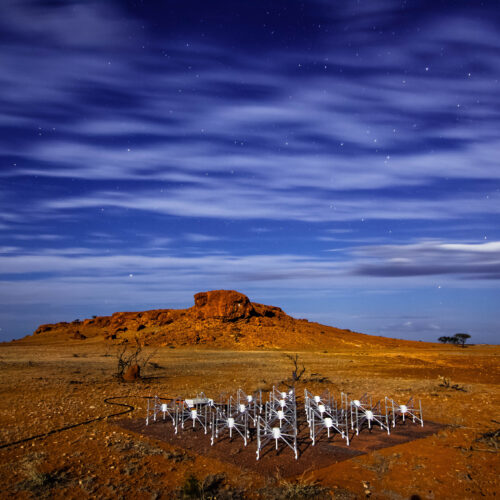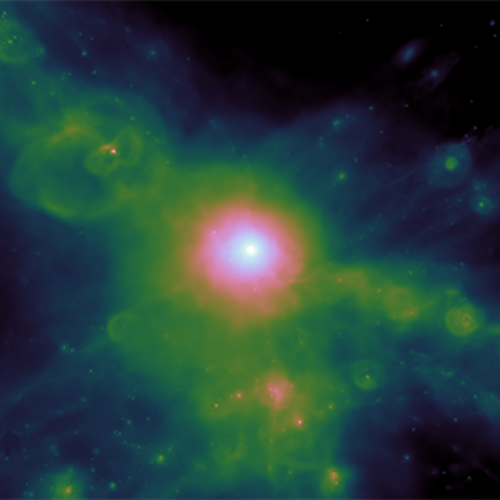The recent-posts-by-category shortcode accepts the following optional parameters:
- heading (no heading by default)
- type (all post types by default), values may include “post”, “events”, “post,events” etc.
- category (no category filters by default), values may include “news”, “media”, “news,media” etc.
- tag (no tag filters by default), values may include “x-ray”, “women-in-stem”, “x-ray,women-in-stem” etc.
- count (5 by default)
Astrofest news
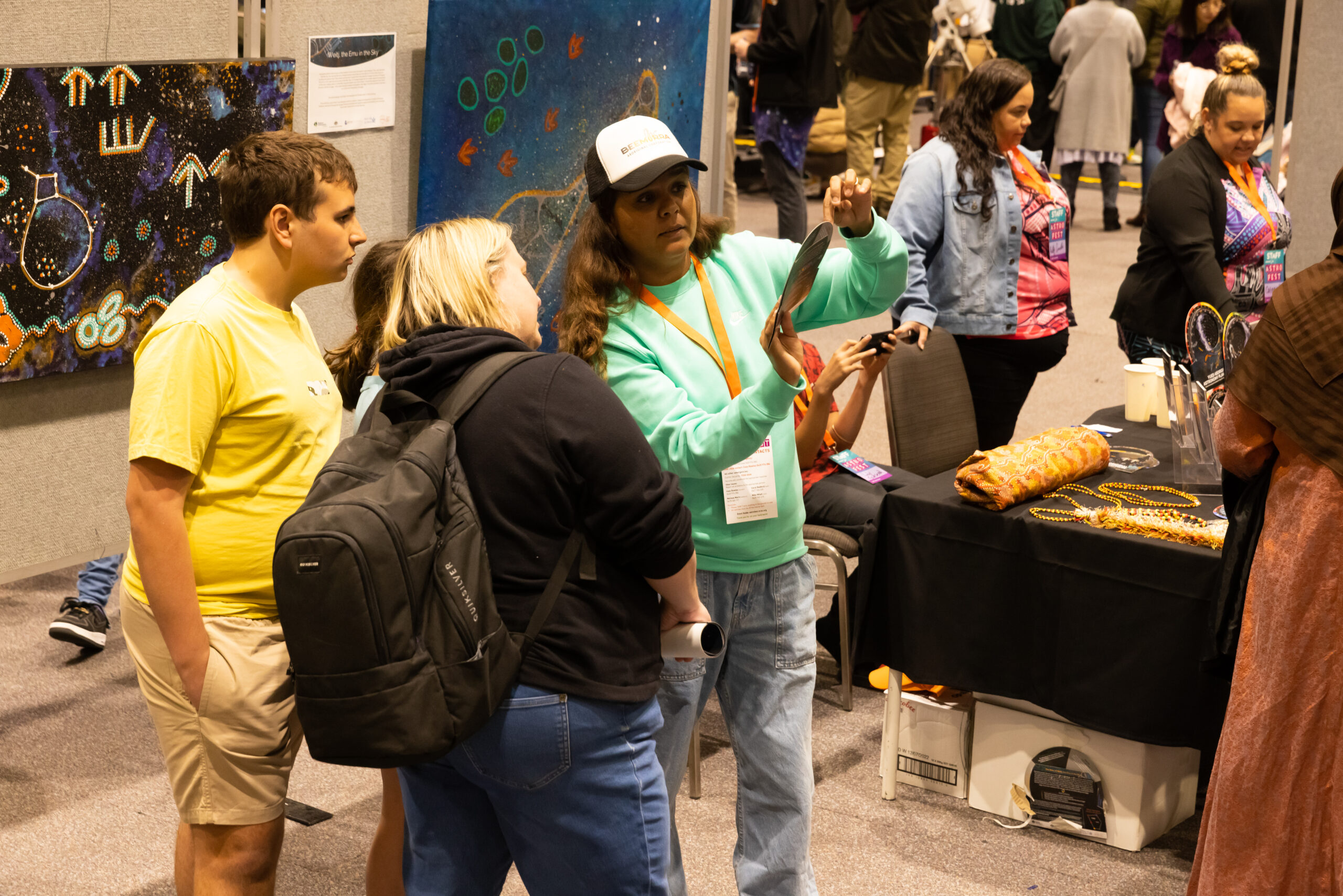
Astrofest: Australia’s Largest Free Community Astronomy Event is Back!
Astrofest, Australia’s premier community astronomy event, is returning to Curtin Stadium on Saturday 18th November for another night of celestial...
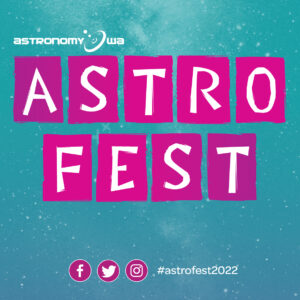
Astrofest 2023
ASTROFEST IS BACK FOR 2023 Join us for a free family fun night on Saturday 18th November from 5.30 –...

Astrofest 2022
ASTROFEST IS BACK FOR 2022 ICRAR (as a joint venture of Curtin University and the University of Western Australia) proudly...
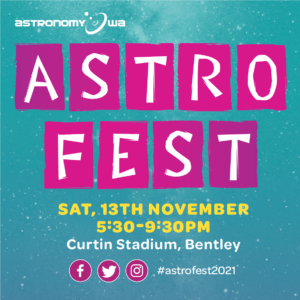
Astrofest 2021
Astrofest is back for 2021 ICRAR (as a joint venture of Curtin University and the University of Western Australia) proudly...

Astrofest 2020
ICRAR (as a joint venture of Curtin University and the University of Western Australia) proudly supports Astrofest as a principle...
Accordion title
Test accordion content with new styling.
Accordion title
Test accordion content with new styling.
Accordion title
Test accordion content with new styling.
ICRAR has a strong track record in research translation and impact and is committed to engaging with partners to share our skills, knowledge and expertise for mutual benefit.
Our researchers engage with industry, government, non-government organisations, communities and community organisations to translate our research beyond academia to benefit society.
ICRAR actively seeks collaborative opportunities to leverage emerging capabilities from other domains, and to apply our skills, knowledge and tools outside of radio astronomy.
By collaborating across disciplines and industry sectors, we can help boost capability, develop new products, grow businesses and create jobs.
We engage with stakeholders and end-users through a range of mechanisms, including:
- Partnerships with industry
- Collaborative grant applications
- High-quality training
- Provision of specialist services
- Establishment of networks and collaborations
- School programs
- Community events
ICRAR’s astrophotonics group at UWA is one of the leading groups around the world in developing technology around optical communications.
ICRAR aims to impact Western Australia’s economy, society, environment and culture, beyond our contribution to academia.
Our research in data intensive computing, engineering and technology supports core outcomes for the state in radio astronomy and the SKA.
ICRAR’s impact also extends to a diverse range of areas beyond astronomy, including:
- Signal and data transport
- Robotics
- Applied machine learning
- Data management and processing
- Passive radar
- Satellite deployment
- STEM education
- Honey signatures
- Marine forecasting
Translation and Impact for Industry
ICRAR’s big data experts and UWA Oceans Institute oceanographers have joined forces to improve wave forecasts off the WA coast. The project has already boosted weather predictions at Barrow Island, and could one day lead to more accurate forecasts for surfers, recreational boaters and industry.
